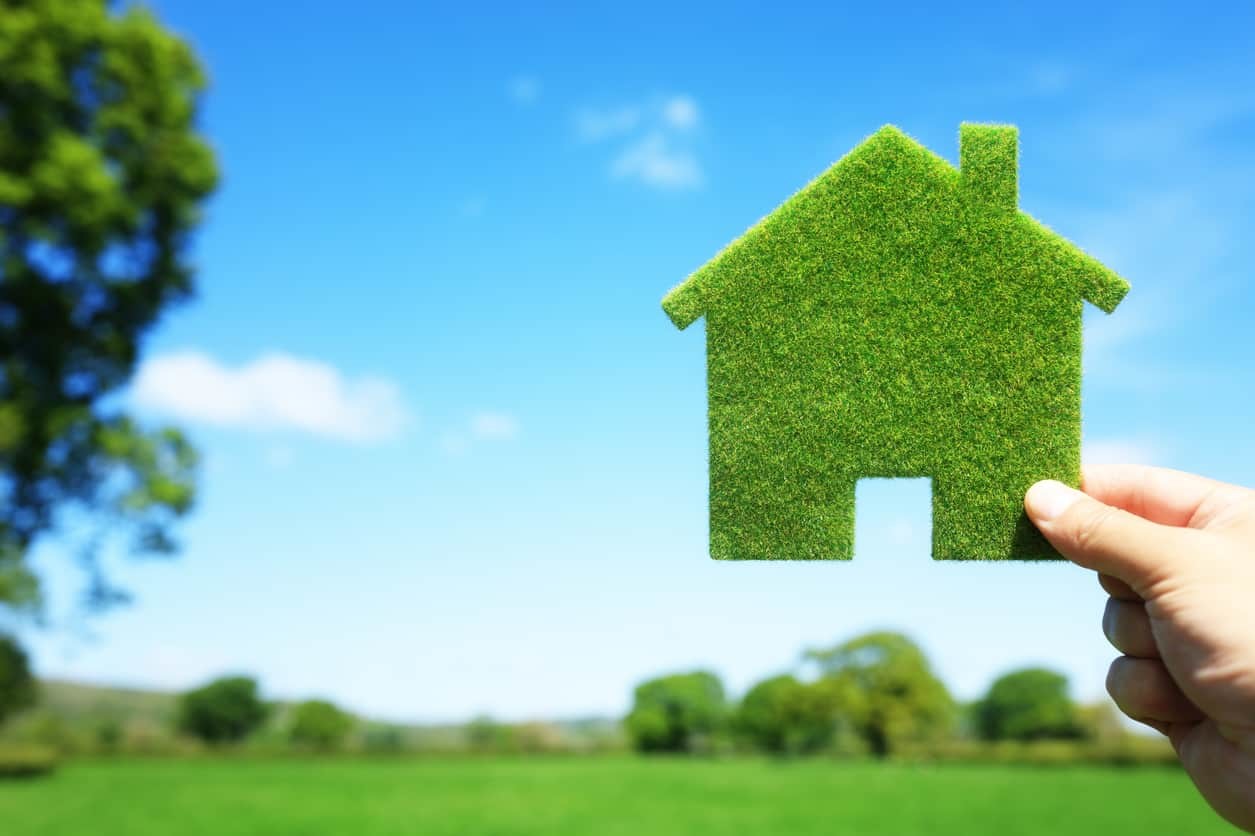
As time goes by, most of us are looking for ways to be more eco conscious. If you are looking to make your home more eco friendly, here are some great tips from expert installers of solar panels in Suffolk.
Be mindful about how you dry your washing
Keeping on top of the washing can be a monumental task. Waiting for it to dry can also be tedious. The greenest, and cheapest, way to dry your clothes is to hang them on the washing line and let mother nature do her thing.
However, when it’s too cold or rainy to dry clothes outside you might need to get more creative.
You can put clothes to dry on your radiators. Alternatively, you can hang them on a normal or heated clothes dryer by a dehumidifier or in a well ventilated area. Although these clothes drying methods still consume energy, generally speaking they are more energy efficient than using a tumble drier.
Improve your home recycling
It’s easy to think that simply putting any tins, glass, cardboard, paper and plastic in the recycling bin means you’re helping the environment.
However, a lot of us don’t realise that there is a wrong way to recycle. What’s more, putting incorrect items into your recycling bin can cause contamination, meaning it sadly still ends up in landfill. In fact, according to the Local Government Association, 525,000 tonnes of household recycling was rejected from facilities in the UK in 2019/20!
Always check that the packaging from products you use is suitable for recycling before you put it into your recycle bin.
Don’t forget to clean out packaging before you put it into the recycling bin too. Bottles, jars and cans can easily be rinsed to remove any residue. However, food and grease stains on cardboard and paper can’t be cleaned away so it’s best to put these contaminated items into your normal rubbish bin.
Waste Not Want Not!
One of the easiest ways to have a more eco-friendly household is reducing waste. You can achieve this in multiple ways. Most waste reduction boils down to only buying and using what your household needs and to avoid overconsumption.
When it comes to preventing food waste, this logic applies. Try to make sure you use up as much of the food that you buy as you can (providing it is safe to eat of course). You can keep some food fresh to be used on a later date by freezing it. Alternatively, some kitchen waste such as tea bags, coffee grounds and fruit and veg scraps can be suitable for composting.
To reduce other forms of waste, make sure you use up other items like toiletries and cleaning products before you buy more. Also opt for items with less packaging where possible.
You can also reduce energy waste by only switching lights and appliances on when in use. Being more mindful about your energy consumption could potentially save you hundreds on your bills each year. As could improving your home’s energy efficiency through installing measures like insulation and solar panels.